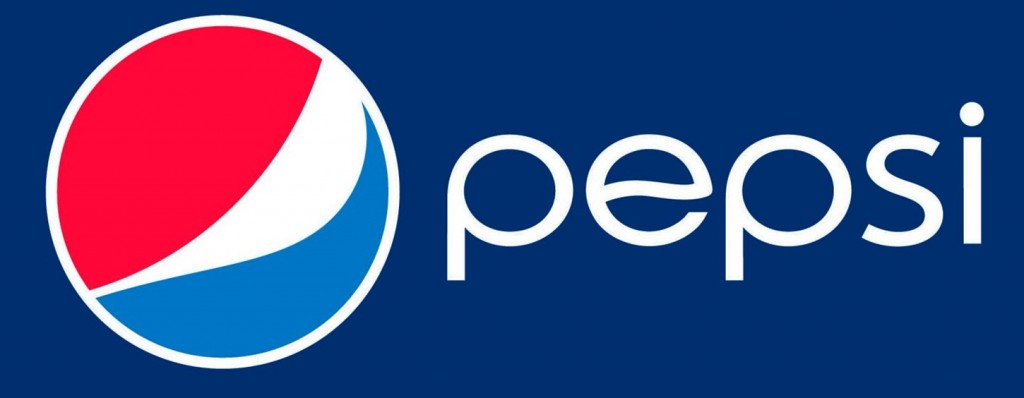
The Microsoft Surface advertising can be seen on the replay booths at all NFL games.
In Aiden Raff’s blog post, Aiden examines the $400 million deal between Microsoft and the NFL. He discusses how this 5-year deal makes the Microsoft Surface 3 “the official tablet of the NFL” but how there are issues with advertising as certain announcers have mistaken the Microsoft Surface 3 for iPads during live television broadcasts. I would like to go into deeper discussion of these ramifications and how they specifically affect the NFL and Microsoft partnership as a whole, and what the corporations should do to solve this issue.
First and foremost, the greatest problem with mistaking the Microsoft Surface 3 for the iPad is that Microsoft’s greatest competitor in the tablet market Apple gets immense exposure for free, the same enormous exposure that Microsoft paid a fee of $400 million to attain. In my opinion it is obvious that this can lead to a serious crack in the partnership between Microsoft and the NFL, a partnership that actually strengthens both corporations’ businesses greatly, as both companies involved get a great addition to their key partnership aspect of their respective business models. All Microsoft was attempting to do when they paid this hefty fee was gain a competitive advantage over Apple and try to gain ground on them in the tablet market. With announcers falsely advertising the iPad instead of the Microsoft Surface 3, it depletes the purpose of this great partnership between the two corporate giants.
In my opinion, the NFL should immediately work hard towards getting announcers to correct this mistake, as it will get Microsoft the advertising that they paid great money for. As well, doing so can potentially lead to many more lucrative deals between the two companies in the future.
Links
Microsoft’s $400 million deal with the NFL may do more harm than good





 Enbridge is an energy delivery company based in Calgary, Alberta and one of its main value propositions in its business model involve the quick transportation and distribution of crude and natural oil. The company has been battling for the approval of their $5.5 billion Northern Gateway Pipeline contract, but things have only gotten tougher over the recent years for the oil transportation giant.
Enbridge is an energy delivery company based in Calgary, Alberta and one of its main value propositions in its business model involve the quick transportation and distribution of crude and natural oil. The company has been battling for the approval of their $5.5 billion Northern Gateway Pipeline contract, but things have only gotten tougher over the recent years for the oil transportation giant.

